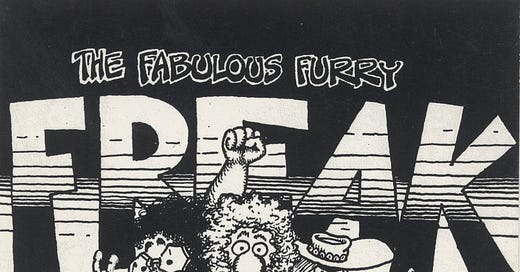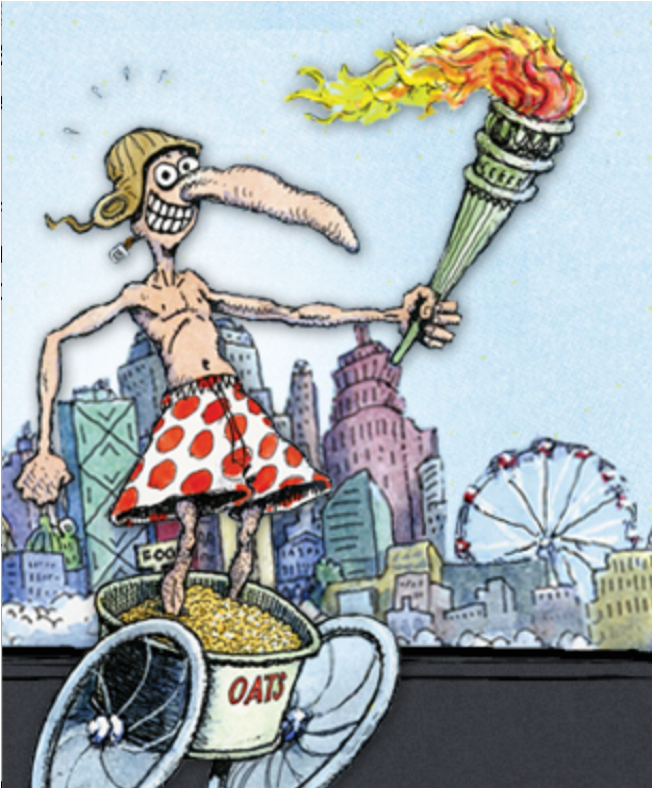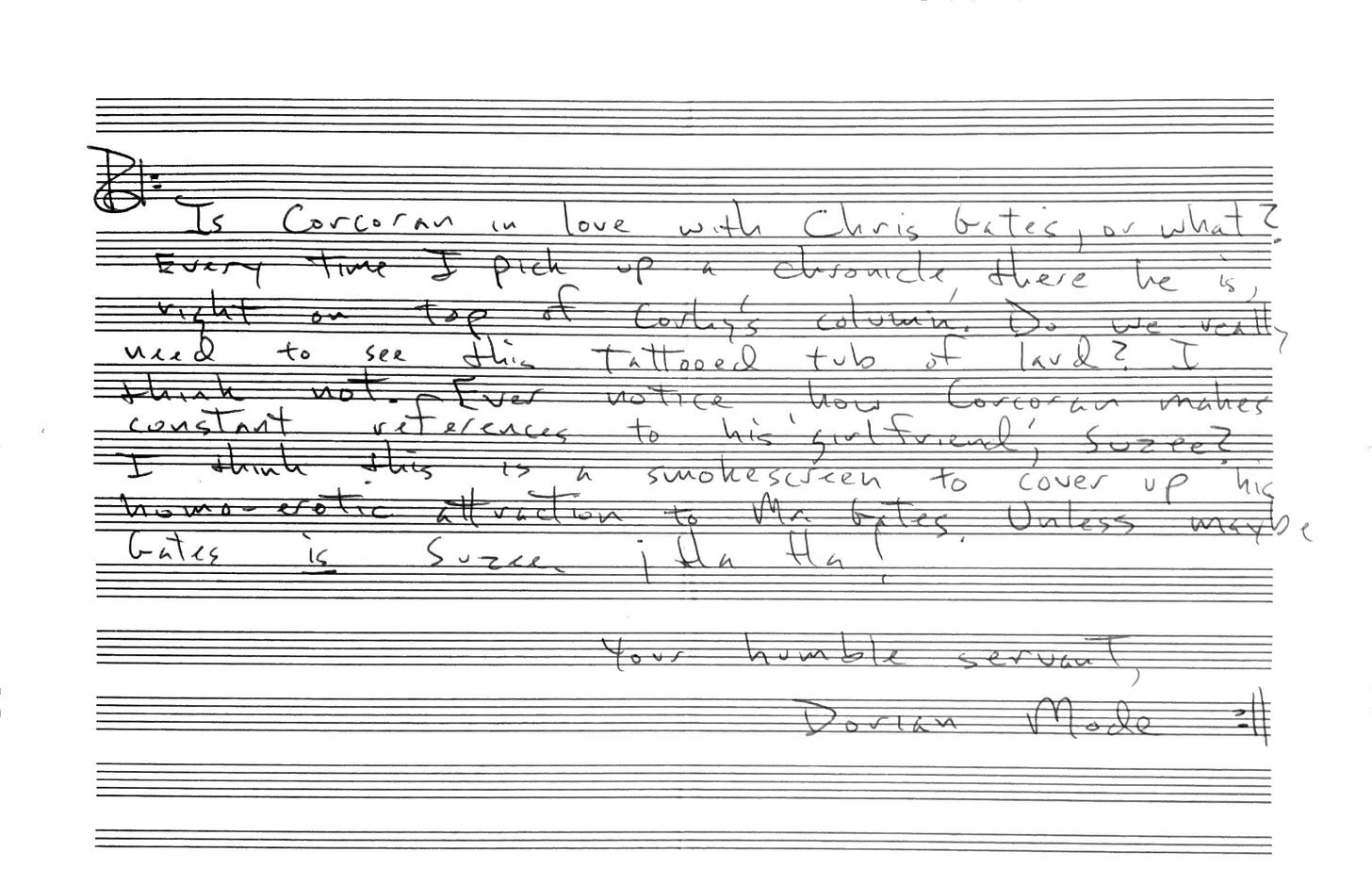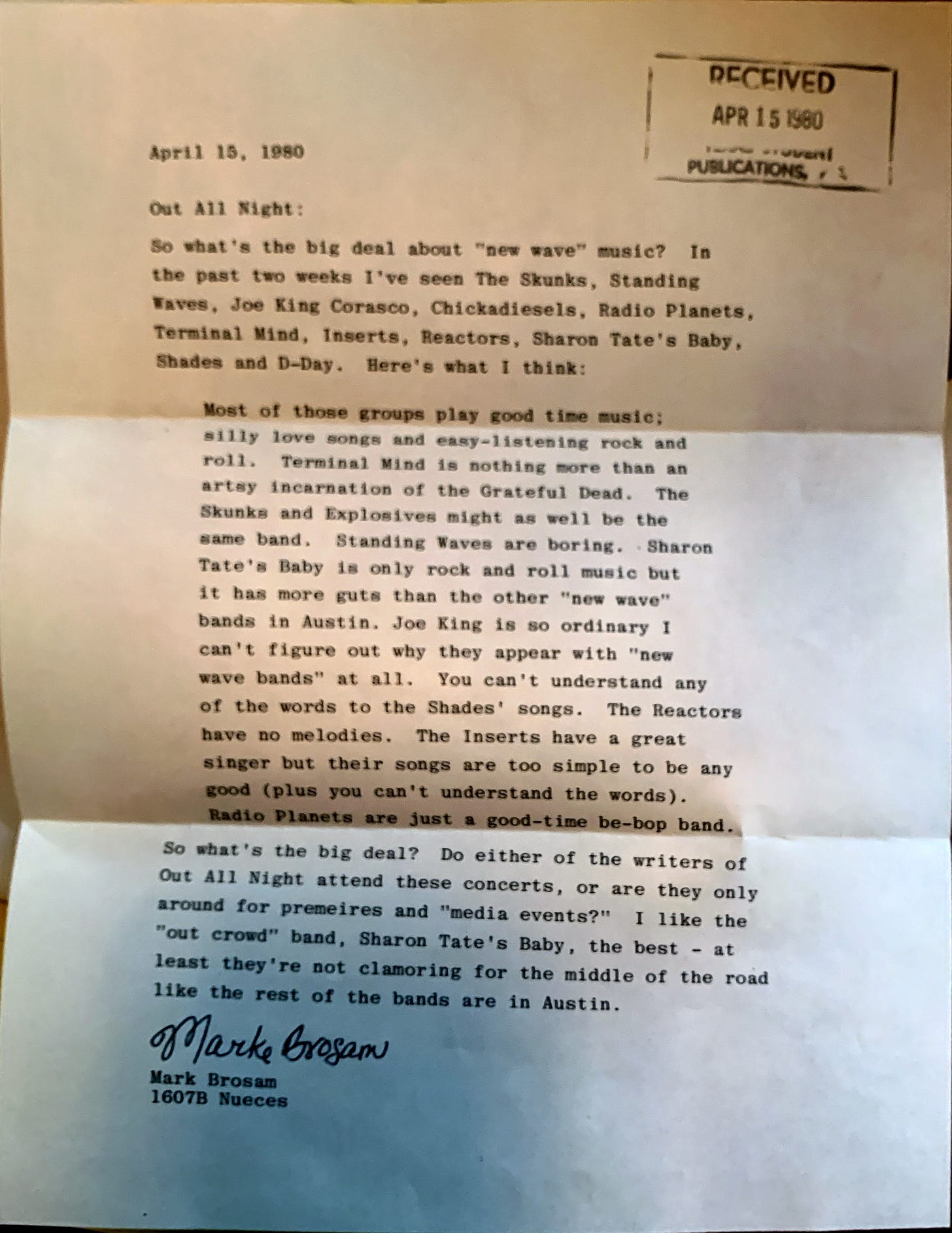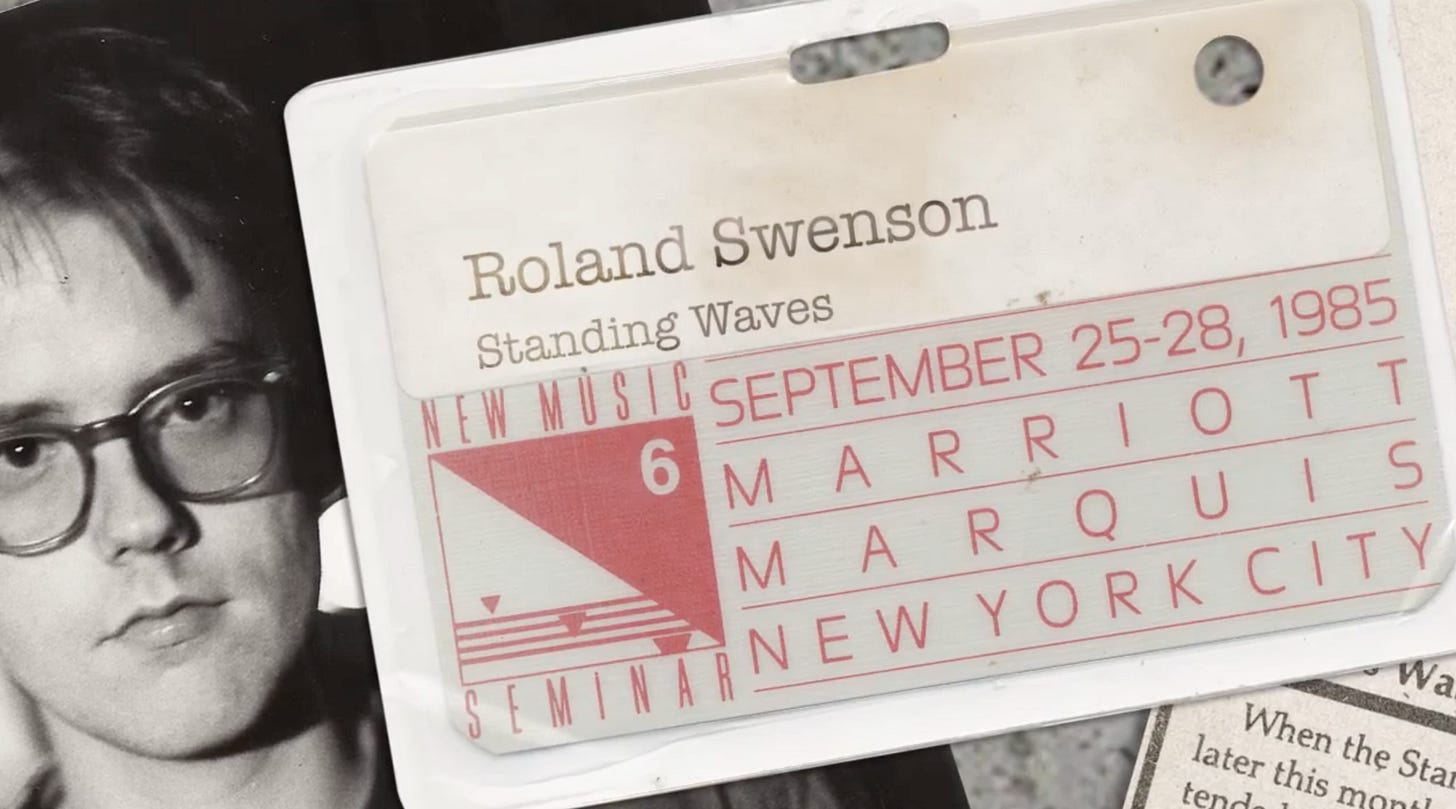Underground City Hall, LSD and Governor Hot Wheels.
This week's groove: Odd intersections that fuel a creative economy.
Howdy and hello! We hope you had a restful holiday break. You’ll recall the last time we heard from Vulcan Gas Company co-founder Don Hyde, he was in a pickle because three decades after the Vulcan the DEA came calling with a question: did he want to get busted or did he want to switch sides? Hyde, then a theater owner in San Francisco, heard them out.
After that brush, Hyde and his wife moved to Italy. In 2022, they relocated to Mexico, where they live today. Dive deeper into the Vulcan Gas Company in Michael Corcoran’s excellent article. If you dig Austin, you’ll dig his Substack.
The Road and The Trip
One of our goals at Happy Heat is to document the creative economy through visual and oral history, stories like Hyde’s. Here photographer Bob Simmons relates how artist Jim Franklin came to town.
Franklin’s armadillos are the among most iconic images of an era, images that define Austin, although not always appreciated back then — remember the one below? Let’s just say the city’s suits hadn’t yet embraced the whole idea of “Keeping it Weird.”
Check out this news copy (and its cringe-worthy language) from 1969.
Austin’s cosmic capitalists had opened Underground City Hall across the street from The University of Texas.
There legendary illustrator Gilbert Shelton and pals created comics and characters like Wonder Warthog, the Fabulous Furry Freak Brothers, and the iconic Oat Willie. They even ran Oat for office, tagging him Governor Hot Wheels.
Underground City Hall birthed Oat Willie’s, the city’s first head shop. It anchored a scene, as Auspop’s Leea Mechling recalls:
“They sold Johnny Winter his first pair of sandals, the black straps dark against his pale while calves. They started taking homemade items on consignment like beaded necklaces and chicken bone necklaces. They sold pipes, papers, scales and other types of paraphernalia. They expanded into selling toys, books and underground comix, clothing, used records, beaded curtains, batik bedspreads. They would hold book signings by local artists and give away free local art posters to shows at the Armadillo World Headquarters and Soap Creek Saloon calendars of band appearances. They had the very first black light poster room in Austin, perhaps in all of Texas. A cat named Lisa who liked to sleep on the cash register provided security.” Leea Mechling, The Rag
The Power of a Piece of Paper
“Every time I pick up a Chronicle, there he is….”
Archives fascinate me. Hand written letters convey a sense of style through the look, the penmanship, the choice of words. The best have their own life. These are some saved by Austin Chronicle co-founder Louis Black.
Map the intersections in the letter below, the bands name-checked as they’re contemptuously dismissed. The Skunks was fronted by Austin author Jessie Sublett. SXSW Co-Founder Roland Swenson managed Standing Waves. Roland’s good friend Joe Nick Patoski, the author and filmmaker, managed Joe King Carrasco.
The bands faded, but the lessons learned reshaped the city. The idea for SXSW, for example, came to Roland when he and Standing Waves were part of an Austin contingent at New York’s New Music Seminar. That’s the crooked line that guides this trip.
So Where Do You Find This Now?
The current Vulcan Gas Company has no relation to the one we chronicle, the owners just found a way to cop the name. But the groove still runs strong if you’re listening for the buzz. No better place to start than Waterloo Records. Vulcan and Armadillo World Headquarters legend Eddie Wilson can be found most mornings at the Counter Cafe on 29th, and Thursday evenings Nick Barbaro’s still hosting chroneyball at the edge of Hyde Park. Even though the Austin Chronicle’s building is getting razed for the I-35 dig, the court will remain untouched. Some roots run deep.
I could go on, and will, next week.


